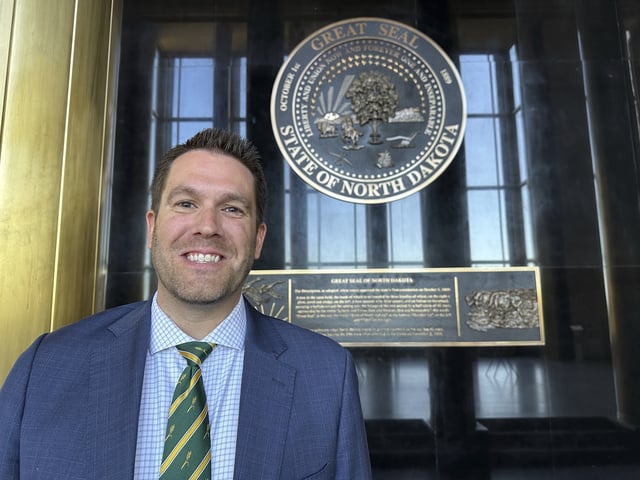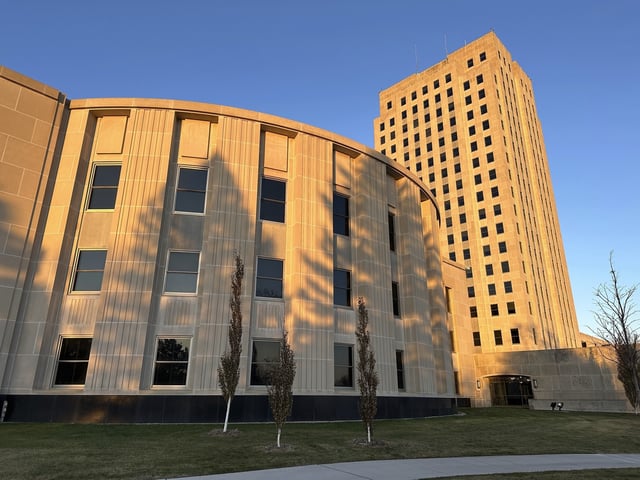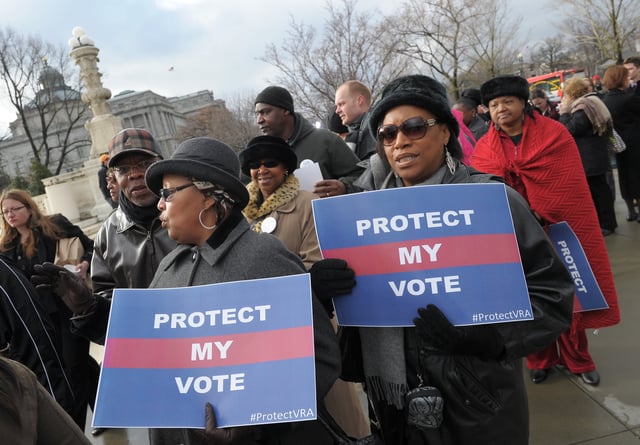Overview
- The 8th U.S. Circuit Court of Appeals ruled 2-1 that private individuals cannot use Section 1983 to enforce Section 2 of the Voting Rights Act, limiting options for challenging racial discrimination in voting.
- The decision reversed a federal court ruling that North Dakota’s 2021 redistricting map unlawfully diluted Native American votes, leaving the map in place for the 2026 elections.
- The ruling affects seven states in the 8th Circuit—Arkansas, Iowa, Minnesota, Missouri, Nebraska, North Dakota, and South Dakota—restricting private lawsuits under the Voting Rights Act in these states.
- The decision creates a split among federal appeals courts on private enforcement of voting rights, increasing the likelihood of U.S. Supreme Court involvement to resolve the conflict.
- Civil rights advocates warn the ruling undermines decades of voting rights protections, with plaintiffs considering en banc appeals or seeking Supreme Court review.



